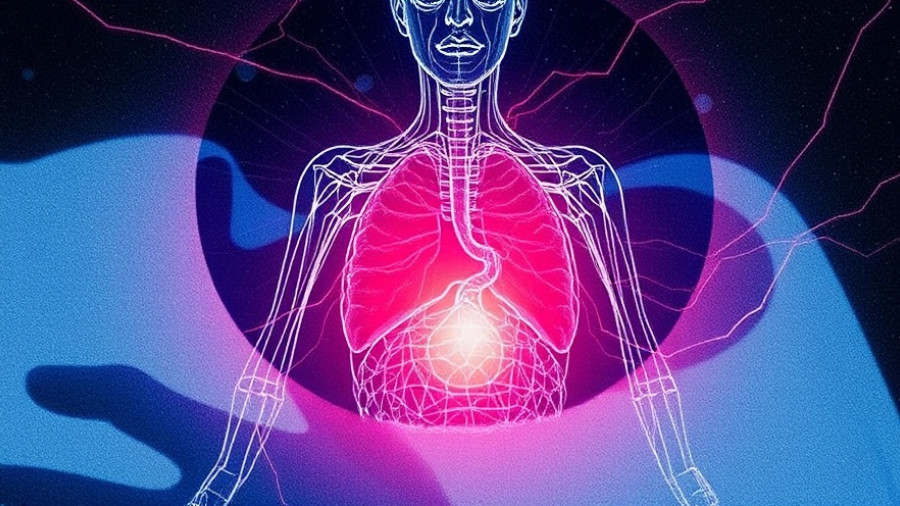
Unraveling the Mystery of Organ Transplant Effects
The world of organ transplantation has always sparked intrigue, not just for its medical marvels but also for peculiar phenomena experienced by recipients post-surgery. Many individuals, after undergoing transplants—particularly of the heart—report unexpected changes in their personalities, preferences, and even seemingly inherited memories from their donors. The question lingers: can consciousness be transplanted along with tissues?
Fascinating Anecdotes: Taste and Temperament Changes
Several riveting stories have emerged in recent years. For instance, Claire Sylvia, who received a heart-lung transplant, discovered her newfound cravings for beer and chicken nuggets—foods she previously disliked. These changes aligned closely with those of her young male donor, raising eyebrows and inviting speculation about the nature of memory and identity transfer. Such anecdotes aren't isolated. Kristy Sidlar, after her heart transplant, felt deeply connected to her donor, even suggesting that she felt they shared a similar past.
What Do Studies Reveal About Memory Transfer?
Scientific inquiry into the phenomenon finds itself on shaky ground due to contrasting perspectives. Psychologist Mitchell Liester recalls patients reporting memories from their donors—experiences that were eerily accurate. Although most medical experts remain skeptical, smaller studies suggest a possibility that emotional and physical transformations experienced by recipients can stem from various factors: intense medications, trauma from surgery, and even a changing sense of self post-transplant. Yet, part of the explanation remains elusive, shedding light on the complexities surrounding memory's true nature.
The Role of Scientific Research in Understanding Memory
The debate around memory transfer has sparked more extensive studies into cellular memory and epigenetics. What if memories exist beyond the confines of the brain, integrated throughout the body? Scientists are exploring whether the heart’s cellular structure could play a role in the retention and transfer of memories. This emerging perspective challenges long-standing beliefs about where memories are stored and could open new avenues for deeper understanding of human consciousness.
Personal Wellness and the Impact of Self-Care Routines
Incorporating wellness into daily life can lead to profound benefits—physically, mentally, and emotionally. Engaging in self-care routines can help individuals build resilience, reduce stress, and enhance overall well-being. Emphasizing daily wellness habits and crafting personal wellness plans provide a roadmap for achieving a balanced lifestyle. After a life-altering experience like an organ transplant, such practices may be particularly meaningful, fostering a sense of control and agency over one’s health and identity.
In conclusion, as we continue to explore the unexplained realms of organ transplants, understanding the significance of personal wellness cannot be overstated. Embrace daily wellness tips and create a balanced life to complement the extraordinary journey of organ recipients. Cultivating emotional health is vital, and it starts with your choices today.
 Add Row
Add Row  Add
Add 



Write A Comment